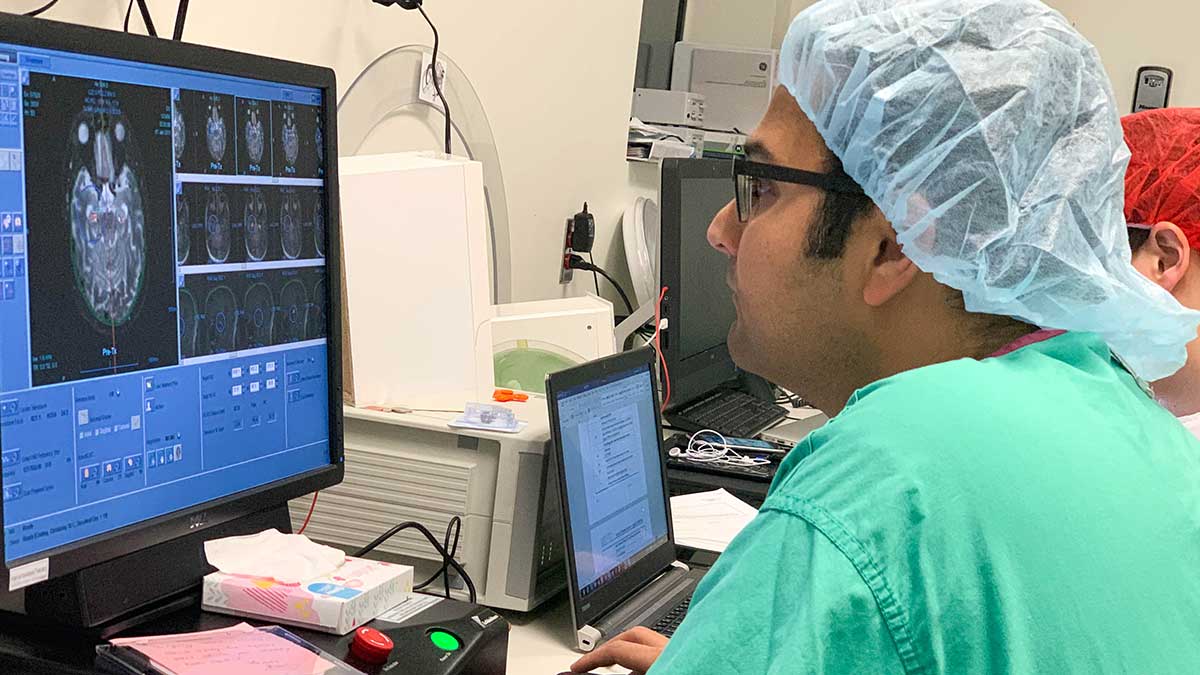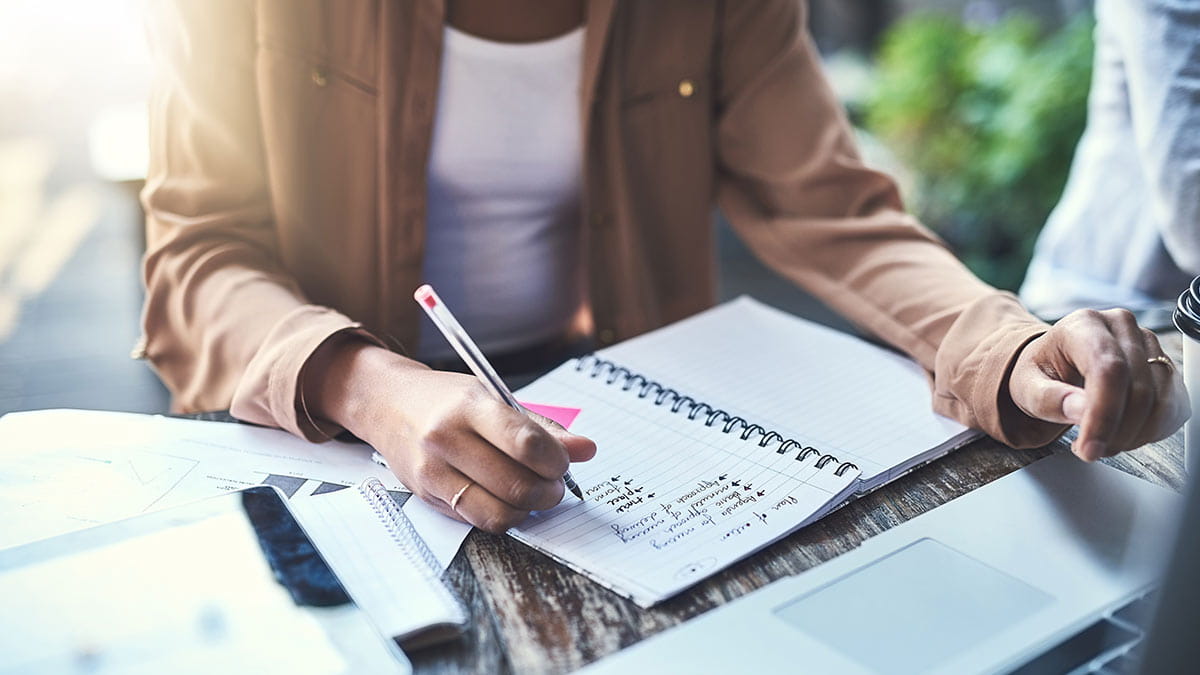Tips to improve your memory

Do you ever worry about your memory, especially in the workplace? Do you find yourself forgetting details of conversations with co-workers or how to complete complex assignments from your boss? Do you have trouble remembering names of people you meet?
Difficulty with “short-term memory” is the most common cognitive complaint people have. Sometimes, what feels like a memory problem is really difficulty with attention or increased awareness of normal forgetting.
Attention can have a big impact on memory. If you’re not paying attention to something, you’re not going to remember it later. You have a limited amount of attention you can use at any one time.
Distractions take attention away from things you really need to focus on. Internal distractions can include pain, worries, negative thoughts or hunger. External distractions can be noises, sights and smells.
Some forgetting is normal at any age. Occasional forgetting also happens with normal aging. Common “memory lapses” include misplacing items, forgetting why you walked into a room and forgetting names of acquaintances.
What are some strategies to improve attention and memory?
Most people benefit from the use of cognitive strategies to optimize daily functioning, regardless of whether or not they have a cognitive disorder. The strategies listed here can help you be more productive, remember things better and avoid accidents:
Stay focused
- Do one thing at a time; don't try to multitask.
- Break down larger tasks into small, manageable tasks.
- Work in a quiet, distraction-free environment or go to a separate room to work. Wear noise-isolating headphones or use a white noise machine. Turn off TVs, radios and cell phones while working.
- When talking with someone, face directly toward them and make eye contact.
Manage your energy
- Tackle your hardest tasks at the time of day when you have the most energy.
- Give your brain regular breaks to recharge.
- Try the "Pomodoro" technique: Set a timer for 25 minutes and work hard during that time. When the timer goes off, take a five-minute break to do something relaxing (but not more work.) Repeat this sequence four times, then take a longer (20-30 minutes) break to reward yourself. Adjust these suggested times as needed to match your attention span.
- Do important tasks when you feel relaxed and focused.
- Use a simple relaxation technique (stretching, yoga, meditation, progressive muscle relaxation) or deep breathing to restore mental focus
- Use routines
- Do repeating daily tasks at the same time and the same way every day, and you'll be less likely to forget a task.
- When adding a new daily task, like a new medication you need to take, pair it—do it right before or after—an existing routine, like brushing your teeth or making coffee.
- Put important items like keys, wallet, cell phone and glasses in the same place every day so you're less likely to misplace them.
Use mental strategies
- Repeat important information aloud or in your head to make it "stick.” Try this with a phone number or the name of someone you just met.
- Organize information by making it into a story or relating it to something you already know well.
- Use "chunking" to break down information into fewer pieces. For example, turn 4-5-3-6 into "forty-five, thirty-six."
Use tools
- Carry around a small notebook to write down important information (phone numbers, names, appointments, etc.)
- Use a calendar to keep track of appointments; this can be paper or electronic, depending on what works best for you.
- Set alarms to remind you of important upcoming events.
- Use a pill box for medications.
- Use technology or apps to your advantage.
- Use checklists to stay organized and focused.
- If you have trouble prioritizing, try dividing your tasks into Must, Should and Could categories, then do all the Musts first.• Use Post-its placed where you're sure to see them (on a mirror, fridge, coffee pot, etc.) to jog your memory.
Try combining different strategies to get the most out of them, and customize them to fit your needs and personality. If something’s not working, tweak it or try a different strategy. Use your strengths to help your weaknesses, and don’t be afraid to seek help from others.
Laura Boxley is a neuropsychologist at The Ohio State University Wexner Medical Center and an assistant professor at The Ohio State University College of Medicine.




